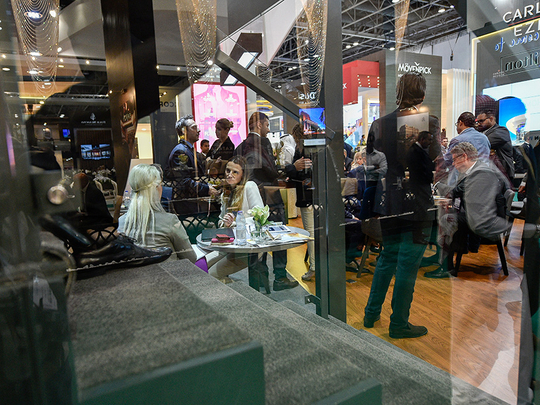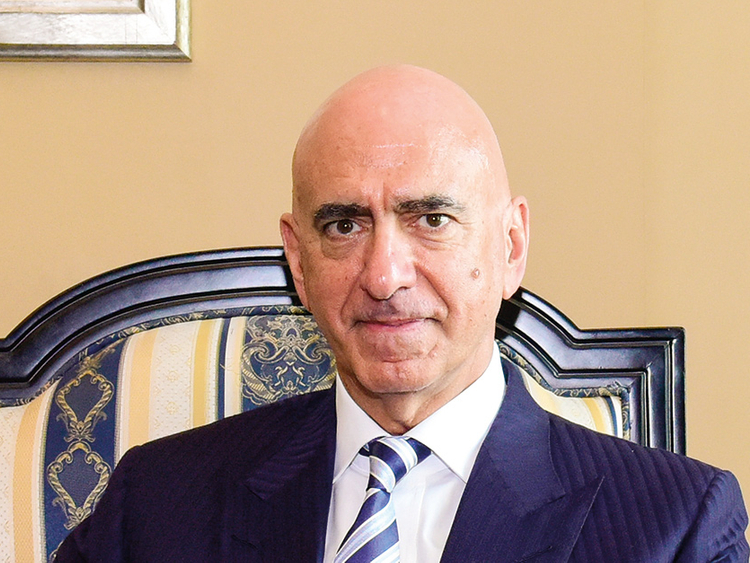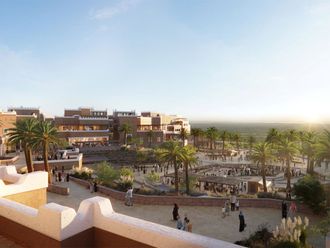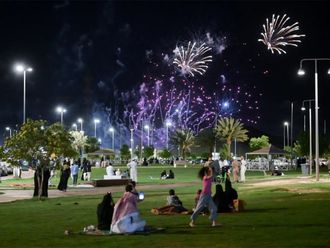
DUBAI
Following Marriott International’s announcement this week that they would be opening 15 new luxury properties across the region, the company’s president for the Middle East and Africa said on Wednesday that despite some oversupply concerns, he sees huge opportunity in the market.
“Whilst some of the Middle Eastern markets appear to be oversupplied, the fact of the matter is … the ratio of branded rooms to population is exceptionally small,” Alex Kyriakidis, President and Managing Director of Marriott International, Middle East & Africa, said.
Speaking in an interview with Gulf News, Kyriakidis said that Marriott would add 60,000 rooms across the region between now and 2022.
The majority of these, he said, would be located in the UAE, Saudi Arabia, and Egypt.
Regarding Saudi Arabia, Kyriakidis said “there is a pent-up demand for travel”, adding that “you have religious tourism, which has an exponential growth trajectory with the Muslim population growing around the world, in addition to domestic travel.”
“The kingdom is a huge focus for us, particularly the holy cities,” he said.
Marriott currently operates 11 hotels across the kingdom, which has a population of 31 million people, including two Ritz-Carlton properties.
In the UAE, Kyriakidis sees Marriott International diversifying its business away from the “upper upscale” brands such as Marriott, Le Meridien, Sheraton, and Westin.
“We see lots of opportunity in the select segment of the market, to compliment the upper upscale and luxury, and make Dubai more affordable, particularly for families to visit,” he said.
The select segment is a term Marriott International uses to describe its midscale offering, including brands such as Courtyard Hotels, Four Points, and Aloft Hotels.
Kyriakidis added that the intention was to “diversify our product within the UAE.”
For Egypt, the senior official noted that travel to the country had been “marred by safety and security concerns.”
Nevertheless, he said that the company is seeing “a significant uptake in travel to the country now by virtue of the fact that its currency is not dollar pegged.”
In November 2016, Egypt devalued its currency by 48 per cent in an attempt to end its economic crisis, which Kyriakidis said had “made their country considerably more affordable for tourism” and in turn stimulated “demand from around the Arab world.”
Turning his eye to the UAE’s capital, he conceded that “we’re in a tough time right now because of the oil price,” but said that Abu Dhabi is “beginning to rethink its strategy about how to generate economic activity, and clearly leisure and tourism is at the heart of that.”
“We are thinking strategically about the capital,” Kyriakidis added.













